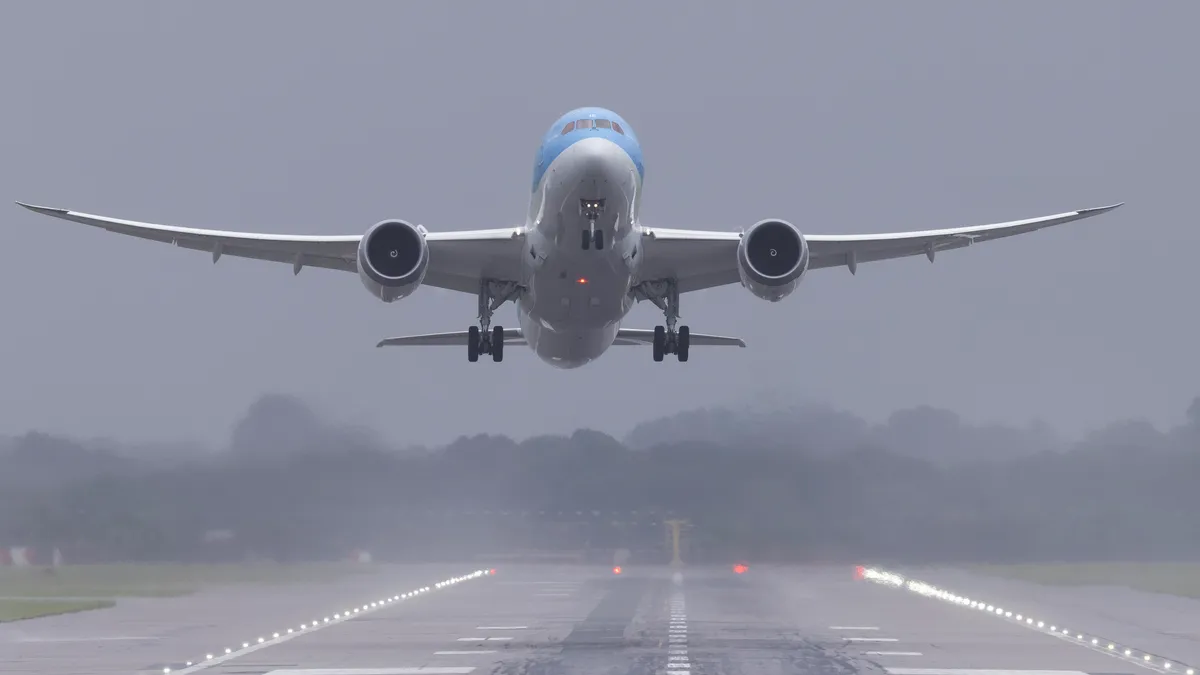As COVID-19 restrictions wane and we enter a “golden age of traveling,” business leaders need to think about travel as an investment in company performance as the two have a “direct correlation,” said Christiane Cabot Bini, executive director of corporate travel sales at Hilton in a recent TripActions webinar.
With the emergence of a new trend known as “bleisure” — tacking on personal time to business trips — companies can see a return on investment when they honor the wishes of employees, whether that be in the form of travel preferences or personal time, according to Andrew Craghill, executive director of travel agency partnerships at Hilton.
This new trend of traveling for yourself and your organization simultaneously is not only potentially improving employee satisfaction and productivity, but also, saving the travel industry.
Before the pandemic, around 12% of airline passengers flying for business generated about half the U.S. airline industry’s profits, according to data from McKinsey & Co. Now, data from American Airlines revealed that half of its revenue is coming from the combination of business travel and pleasure travel, and these customers are spending nearly as much as what corporate travelers once did, according to reporting from the Wall Street Journal.
Importance of authentic travel
“Now, people are really recognizing travel as an essential part of their routine,” said Craghill in the webinar, “and now more than ever there is a growing interest around personal wellness, especially in the workplace,” he said.
This focus on personal wellness can also be seen in travel trends, according to Craghill and Bini, with travelers increasingly looking for authentic experiences to check their personal fulfillment boxes. “This is an interesting change,” said Craghill.
What that fulfillment looks like, is different for everyone, and it is up to the company to make travel a comfortable experience, said Bini. “For some people, personal fulfillment in travel may be a gym in their hotel, and for others it may look like being in a bustling urban center with access to restaurants to explore,” she said.
Employers have a responsibility to their employees when they give them travel opportunities, according to the travel executives. “Employees can lose sight of the fact that employers have a responsibility to make sure they are traveling in a safe and comfortable way,” said Bini.
Support employee satisfaction
The availability and greater acceptance of remote work is making dual-purpose trips not only possible, but also popular, and business leaders may see a positive impact on employee productivity when they honor these wishes.
In 2019, before the onset of the pandemic, only 31% of business trips were tacked on to a weekend. As of 2022, that number is up to 35%, according to TripActions data revealed in the webinar.
“Tuesday is the new Thursday. The pandemic has also changed the way people work, and this has also changed the travel industry,” Craghill said.
Companies should start seeing travel as an employee retention tool, according to Bini. “We are seeing on our team that business trips have increased on average by a day and a half, and I have to attribute that to leisure stays,” she said.
Besides the possibility of making more meaningful trips when traveling for business, corporate travel can also improve company morale and culture. “Bringing people together ignites creativity, promotes collaboration and unlocks added value, both internally between colleagues and externally between customers,” said Bini.
The question is whether these trends are here to stay. Although patterns have not yet returned to normal — the dropoff in vacation traffic that typically occurs after Labor Day did not happen this year, according to reporting from the Wall Street Journal — they are restabilizing.
“Are we in the new normal or is this still a normal adjustment period?” asked Craghill.












